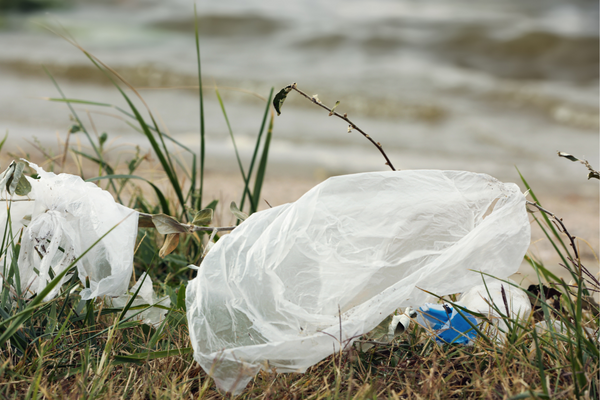Plastic pollution continues to negatively impact the health of wildlife and the environment worldwide. But, a University of British Columbia (UBC) researcher has developed an innovative solution that simultaneously uses residual forest waste from harvesting and manufacturing wood products and replaces harmful plastics. Dr. Feng Jiang, assistant professor at UBC’s Faculty of Forestry and Canada Research Chair in Sustainable Functional Biomaterials, takes the wood fiber leftovers and breaks them down in a chemical solution of cold sodium hydroxide. The result is a water-resistant film that is translucent and durable. This film has the potential to be developed for various uses akin to plastics such as snack bags and protective wraps. But, if one of Dr. Jiang’s alternative plastic snack bags fell out of a backpack, it can break down within three weeks. For comparison, a traditional plastic bag has an average lifespan of 20-year. While other biodegradable films have already been developed, Dr. Jiang’s film uses notably less energy and chemicals to manufacture. Any companies that are interested in partnering and collaborating with this UBC project are encouraged to contact Dr. Jiang to help scale up this regenerative sustainability solution.

Photo by New Africa studio from Canva
- Log in to post comments



CRC Comments